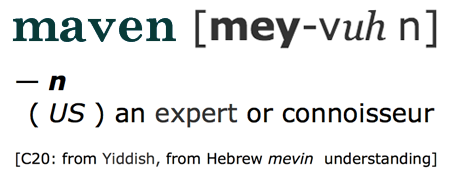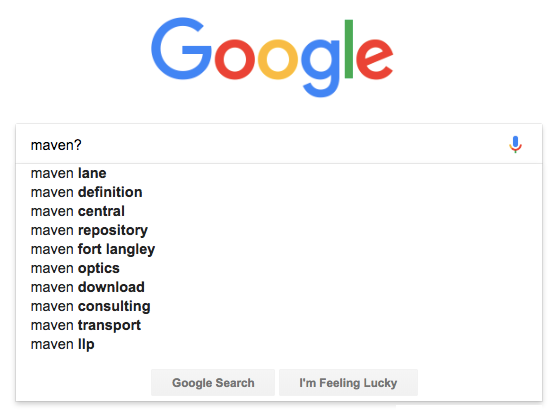In the summer of 1976, Canada was hosting its first ever Olympics in Montreal. On the west coast, a child was born who would develop a larger than life personality. Although an excellent marathoner, Little Stevie Black as he became known, never quite made it to the Games. His notoriety is for something else, asking questions.
Little Stevie Black now nearly six feet tall and has the dark complexion typical of someone who’s just returned from a Mexican holiday. He’s highly presentable with a smidge of beard stubble and a good-humoured disposition. Much like filmmaker Louis Theroux, he has the uncanny ability to make anyone he talks to feel comfortable within moments.
With determined inquisitiveness, Little Stevie Black discovers things about you that you would rarely grant others access to. That’s because when you first meet him, he makes you feel you’ve known him all your life. And it’s part and parcel of what makes him the quintessential maven.

The word maven derives from the Yiddish word myvn, which literally translates as ‘one who understands’. True mavens, like Little Stevie Black, yearn to transmit their knowledge to others. Algorithms, on the other hand, are a set of rules that are followed in order to solve problems. The ‘understanding’ is achieved through inputs. With sets of data, algorithms, as we know, can grow exponentially smarter and more powerful over time.
A Curious Mind
An exceptionally curious child, it’s no wonder that Little Stevie Black didn’t drive his parents right off the deep end. With the patience of saints, they would unwaveringly humour their son. As Sir Ken Robinson surmises they knew that:
“Curiosity is the engine of achievement.”
Instead of squelching their child’s deep internal motivations to be inquisitive, his parents encouraged him to question things — to delve deeper into issues. This thirst for knowledge enabled him to better understand how his world worked. But as Little Stevie Black grew up and his questions became more sophisticated, he was forced to wizen up, rely less on his parents and seek the answers himself. He became increasingly better at exercising sound judgment in a myriad of situations. It’s not surprising he’s now a seasoned Crown Counsel with the British Columbia Prosecution Service.
Curiosity is one key to being a maven, but there is also the willingness to transmit one’s findings. In today’s information-heavy world, it’s all too commonplace to rely on algorithms to relay the information we want — or at least think we want.

With Google accounting for three-quarters of all searches online it’s easy to see where things might go astray. No matter how innovative the algorithms of the search engine are, they still produce the results they determine. Google, and their zealots across the web have tried to replace Little Stevie Black’s mavenhood with super slick algorithms.
Scaling Personality
With his giving spirit, Little Stevie Black shares the wealth of knowledge he accumulates. He was the first to tell me about Nike Pegasus Runners, Breaking Bad, ClassPass, Balinese life — not to mention some of the finest Gelato joints in town and tastiest restaurants on earth.

Little Stevie Black married another maven, of course. And now they are double trouble. His wife Nikki, an ex-New Yorker and bonafide maven herself, is a powerful driving force behind their insider knowledge. Nowadays her husband may very well find himself in the backseat and riding on her coattails. Whichever way, together they offer some serious mavenhood to the neighbourhood.
Yet unlike algorithms, the duo is limited to a finite network. There are only so many people in their social circle they can bless with unique insights they garner from their inquiries. Sure Amazon, Spotify, and Netflix algorithms do a pretty darn good job for you and indeed they get increasingly better as we use them. But they do lack one very important quality: personality.
Care and Context
The sad reality is that mavens like Little Stevie Black and Nikki are not being heard, or for that matter are rarely consulted. Maven wannabees have taken to Instagram to amplify their recommendations or carve out a living. In the process, they dilute their mavenhood if not abandon it altogether.
Sure, I’ve dreamt about scaling the Little Stevie Black maven effect. But it’s precisely because scaling personality is an extremely delicate dance that so often falls short. Platform technologies like OpenTable or TripAdvisor do an OK job, but you still don’t trust them wholeheartedly as you would a maven.

Without cross-referencing your online results with a human who actually cares about your experience, within the given context of your unique situation, as well as granting you the luxury to cultivate your own curiosity — you often miss out on discovering that truly special something.
Know-it-Somes
Algorithms seek to know everything — in effect to become know-it-alls. Mavens, on the other hand, are always inquiring, always deepening and advancing their particular tastes. Even when they have found something delightful on one corner, they can’t wait to discover what may lie around the next. Mavens are smart enough to know they can’t and shouldn’t try to know it all. If they did, there wouldn’t be any more restaurants to discover and tell their friends about. They are content being know-it-somes.
An algorithm might be great for helping you find what you’re looking for, and admittedly, pretty good at predicting what you didn’t even know you were looking for. But it will never be as helpful as your maven bestie, who more often than not, knows you better than you know yourself.
Originally published at Medium

